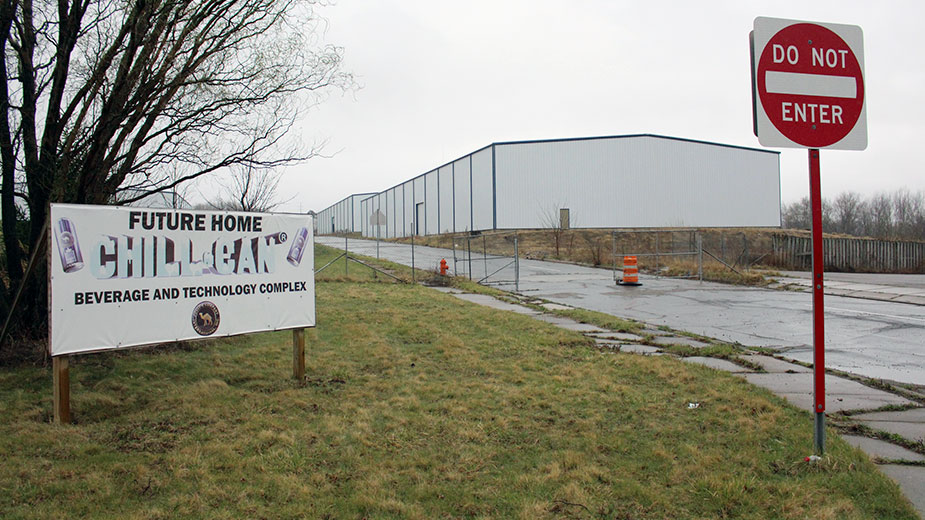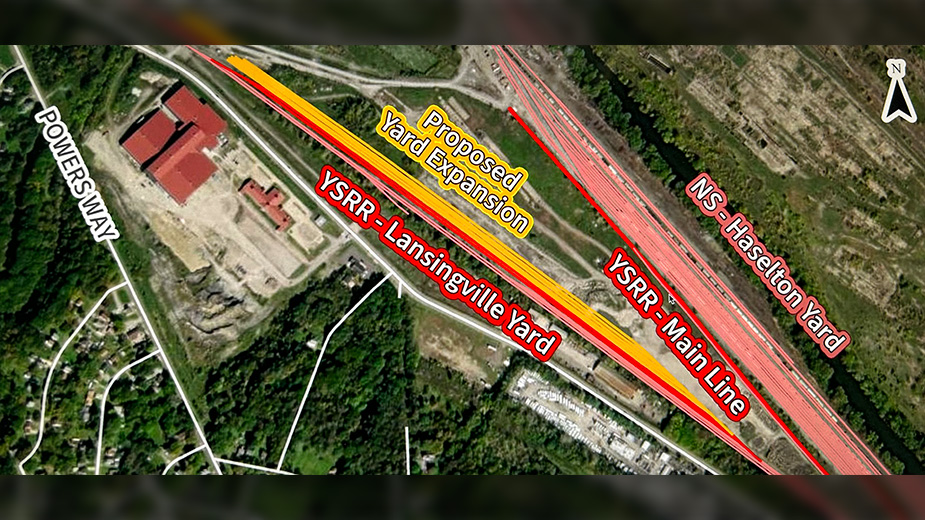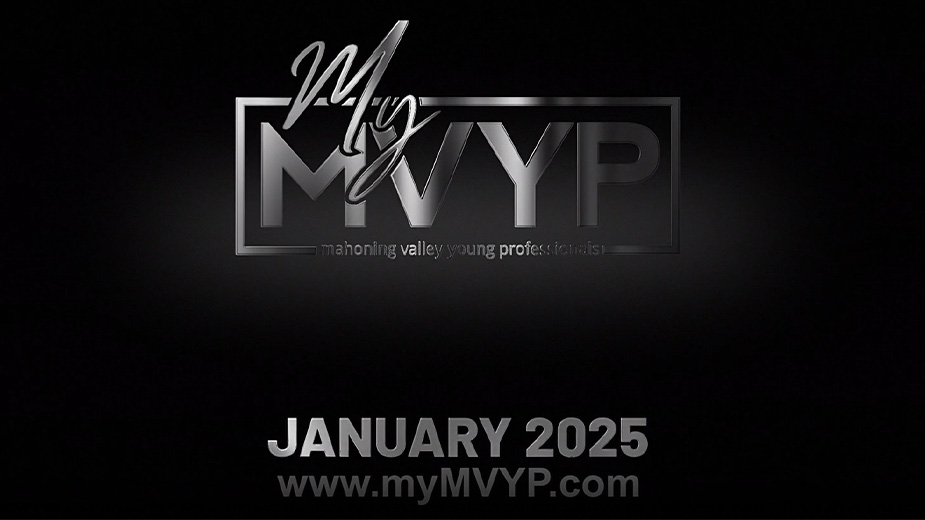Court Orders Chill-Can to Turn Over Documents
YOUNGSTOWN, Ohio — A Mahoning County Common Pleas Court has given the developer of the Chill-Can project until next week to produce relevant documents or responses that the city says it requested months ago.
The city last month filed a request before the court asking for sanctions against M. J. Joseph Development Corp., alleging that the company had failed to produce documents or adequate responses during the discovery process.
According to a judgment filed March 9 by Magistrate Dennis Sarisky, M.J. Joseph is to produce the documents within seven days of the order. The city’s request for sanctions would be held in abeyance until discovery is completed or through a court order.
However, the court did rule that the city was entitled to responses from a series of interrogatories it first filed in September, to some of which M.J. Joseph objected.
Among these are answers related to the identities of all owners and their respective ownership percentages in the M.J. Joseph Co.; creditors or lien holders related to the project; an accounting of all funds spent on the development; documents and other evidence related to construction financing; company annual income totals since 2014; and identifying actions taken to demonstrate plans to continue the development.
The court also ordered the company to produce documents related to communications between the company and third parties related to the project; documents showing financing liens; company operating agreements; ownership papers; tax returns since 2014; and expenses related to the project.
“The order speaks to the process of discovery and we will review it closely to determine what needs to be done,” Brian Kopp, M.J. Joseph’s attorney, said in an email.
“Nonetheless, I am preparing to file motions addressing the language contained in the contracts with the city,” he said. “The time has come to get to the heart of the matter so that the project can move forward.”
Youngstown Law Director Jeff Limbian says the documents are important so the city can prepare its case for trial, which is set for Oct. 17.
“Unfortunately, they’ve played games with this community for years,” he says. “It appears they’re trying to block our preparation.”
Should the company not comply with the order, Limbian says the court has other options such as the sanctions the city requests. “The court is giving him seven days, and we’re expecting him to abide by that.”
In March 2021, the city placed M.J. Joseph Corp. and its CEO Mitchell Joseph on notice that the company was in violation of development agreements it signed with the city related to the Chill-Can project on the East Side. The city demanded the company make good on its promise to create 237 jobs at the site and finish the project or it would take action to reclaim the land and recoup public money that was used to support the venture.
M.J. Joseph Development planned to build a $20 million campus dedicated to research and development of the world’s first self-chilling can and related technology.
According to development agreements signed in 2017 with the city, M.J. Joseph Development pledged to create 237 jobs at the site by August 30, 2021.
So far, little or no jobs have been created more than five years after ground was broken on the project. Three unfinished buildings stand on the property.
M.J. Joseph Development filed a complaint against the city in May 2021, asserting that the city lacked the authority to collect any restitution or the power to force the developer to give up the land.
The city filed a counterclaim that June, saying it is owed $2.8 million and the 21 acres used for the project. According to court papers, the city says it is entitled to $1.5 million in development grant money it used for the project, plus another $414,948 in property acquisition and relocation costs, and another $318,523 in demolition and abatement expenses.
The city also claims damages of lost income tax revenue totaling $575,000, court papers say.
M.J. Joseph Development has said that delays on the project were caused mostly by the COVID-19 pandemic, and the city should be held accountable, according to court papers.
The city says it served initial document discovery requests on Sept. 14, 2021, according to court papers. However, the city did not receive any documents until Jan. 19, 2022, and those documents were “insufficient and ignored many discovery requests,” court documents say.
The developer did submit written responses objecting to many of the city’s requests on Oct. 26 and then submitted a supplemental written response on Dec. 13, 2021, according to court documents.
However, “several interrogatories remain completely unanswered and others are either answered falsely or are subject to inapplicable objections or evasive responses,” the city said in its filing.
Despite claims that M.J. Joseph Development or related entities have used a substantial amount of their own funds for the project, the records produced so far “fail to provide documentation to support this,” the city alleges in the filing.
Copyright 2024 The Business Journal, Youngstown, Ohio.



